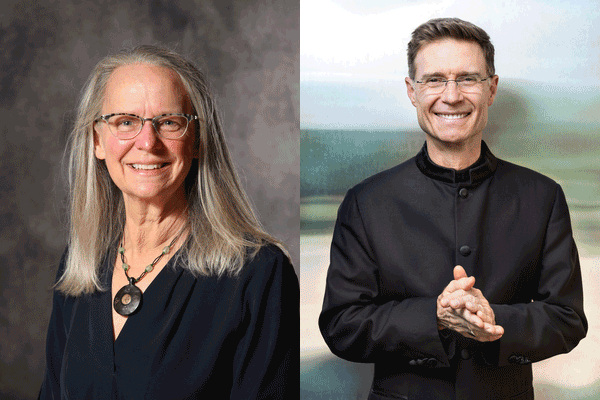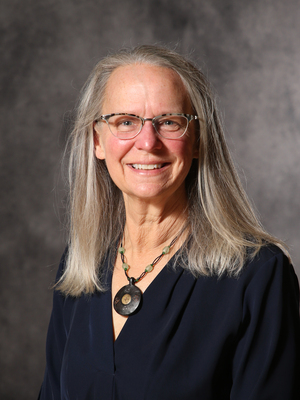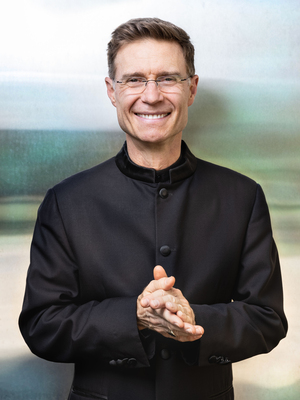
Thursday, Dec. 2
Kay Halasek (English), "Metaphors We Teach By: Reflections on Pedagogy in the Age of Big Data"
Abstract: Our teaching is defined and therefore framed (Lakoff) by the metaphors we embrace. And any metaphor, by nature, both amplifies and reduces, elevating some of the qualities shared between vehicle and tenor while diminishing others. I begin my remarks Scottby surveying and complicating the cardinal metaphors that have informed the teaching of writing since the 1960s. I then turn to my current thinking by proposing and exploring the implications of the “nudge”—that gentle prod, touch, or push that directs others’ attention toward something (and away from something else) and choice architecture (Thaler and Sunstein). Turning, as well, to prospect theory (Kahneman and Tversky), and fast and slow thinking (Kahneman), I both problematize and identify how we may resituate our collective conversations—and actions as teachers—in interest of sustaining, restoring, and revitalizing pedagogies.
Scott Jones (Music), "Trading Efficiency for Outcomes: Large Ensemble Music Making without a Conductor"
Abstract: Rehearsal efficiency is essential for the professional orchestra. The few rehearsals that occur prior to performance are designed to maximize productivity (and thereby minimize expense). A key facet of this model is entrusting the responsibility for virtually all artistic and creative decisions to a single individual – the conductor. Empowered with a fully formed vision of the repertoire, a conductor can lead rehearsals effectively within exceptionally strict time constraints.
It is common for music ensembles in higher education - particularly the most skilled - to emulate attributes of a professional ensemble, including the prioritization of rehearsal efficiency. This “self-imposed” prioritizing, however, necessitates a “de-prioritizing” of other dimensions of the curricular experience. What curricular outcomes emerge for university musicians when efficiency is less of a priority in ensemble rehearsal? Further, how is the student experience changed by awarding decision-making responsibility to the musicians as a collective whole?
Inspired by the Orpheus Chamber Orchestra (NY), I share the application of their “conductorless” model to university large ensemble rehearsal and performance. Implications for the future of ensemble music making in higher education, research potential, and application of this approach to endeavors outside of the arts and will also be explored.


